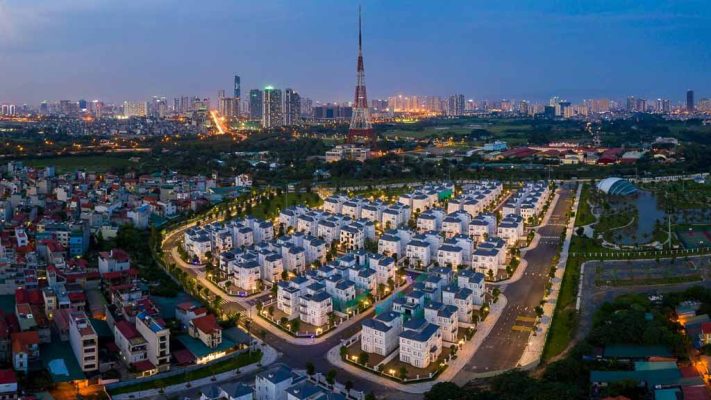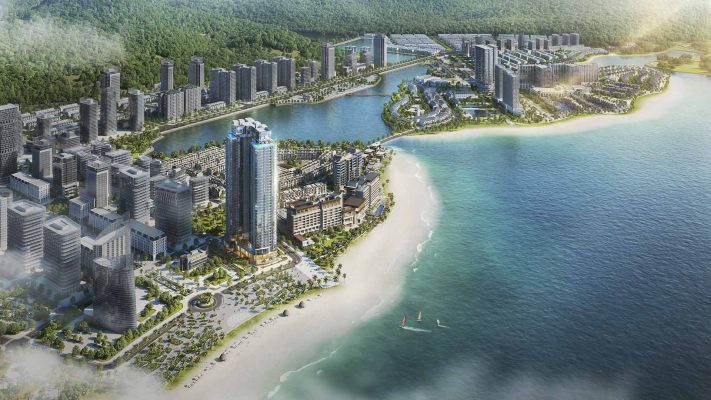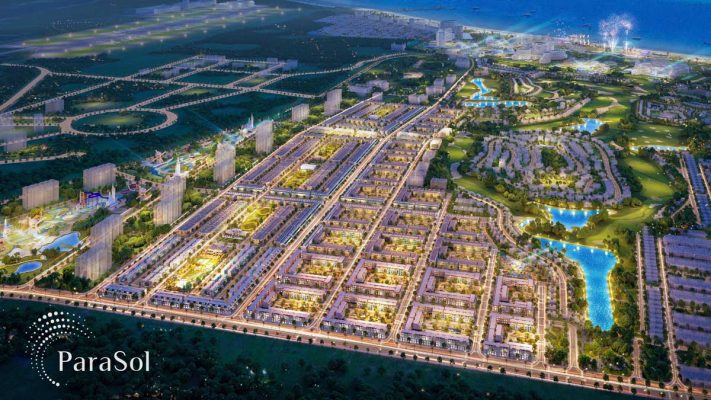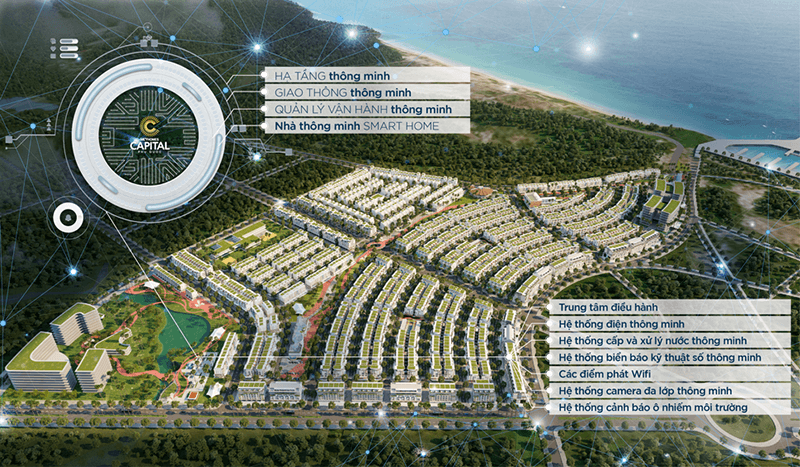- Global Shifts Explained: Understanding the Core of Today’s World News & Emerging Trends
- Geopolitical Hotspots and Regional Conflicts
- The Role of International Organizations
- Economic Trends and Global Markets
- The Rise of Emerging Markets
- Technological Advancements and the Digital Revolution
- The Impact of Social Media and Information Warfare
- Climate Change and Environmental Sustainability
- The Role of Sustainable Development Goals
Global Shifts Explained: Understanding the Core of Today’s World News & Emerging Trends
In an increasingly interconnected globe, staying informed about world news is no longer a luxury – it’s a necessity. Events unfolding across continents have a ripple effect, impacting economies, political landscapes, and even individual lives. Understanding these global shifts is crucial for informed decision-making, fostering empathy, and navigating a complex world. The sheer volume of information available can be overwhelming, however, making it vital to access reliable, unbiased sources that offer in-depth analysis and context.
This article delves into the core of today’s global events, exploring emerging trends and providing a comprehensive overview of the forces shaping our world. From geopolitical tensions and economic fluctuations to technological advancements and social movements, we will unpack the stories that matter, offering insights into the ‘why’ behind the headlines and helping you navigate the ever-changing landscape of international affairs. We aim to provide a clear picture of impactful events, with an aim to assist you with forming your own informed opinion.
Geopolitical Hotspots and Regional Conflicts
Several regions are currently experiencing heightened geopolitical tensions, with significant consequences for global stability. The ongoing conflict in Eastern Europe, for example, continues to disrupt global supply chains, drive up energy prices, and raise concerns about escalation. Simultaneously, tensions in the South China Sea remain a persistent source of anxiety, with competing territorial claims and military build-ups increasing the risk of miscalculation. The Middle East also remains volatile, with ongoing conflicts and political instability posing challenges to regional peace and security.
| Eastern Europe | Ukraine-Russia Conflict | Russia, Ukraine, NATO, EU | Energy price volatility, geopolitical instability, humanitarian crisis |
| South China Sea | Territorial Disputes | China, Vietnam, Philippines, USA | Disrupted trade routes, increased military presence, regional instability |
| Middle East | Regional Conflicts (Syria, Yemen) | Saudi Arabia, Iran, USA, Turkey | Refugee flows, extremist groups, energy supply disruption |
The Role of International Organizations
International organizations, such as the United Nations, the World Trade Organization, and the International Monetary Fund, play a crucial role in addressing global challenges. The United Nations provides a platform for diplomatic negotiations, peacekeeping operations, and humanitarian assistance. The World Trade Organization works to promote free and fair trade, reducing barriers and fostering economic growth. The International Monetary Fund provides financial assistance and policy advice to countries facing economic crises. However, these organizations are not without their limitations. Criticisms often center on their bureaucratic structures, political biases, and the challenges of achieving consensus among member states. Despite these criticisms, they remain essential actors in the global arena, striving to promote peace, security, and sustainable development. The effectiveness of these organizations often hinges on the willingness of powerful nations to cooperate and uphold international law, a principle that is increasingly challenged by rising nationalism and geopolitical competition.
Economic Trends and Global Markets
The global economy is facing a period of significant uncertainty, characterized by inflation, supply chain disruptions, and geopolitical risks. Rising energy prices and food costs are driving up inflation in many countries, eroding purchasing power and impacting living standards. Supply chain bottlenecks, exacerbated by the pandemic and the conflict in Ukraine, are hindering production and trade. These economic challenges are creating headwinds for global growth and increasing the risk of recession.
- Inflation: Rising prices for goods and services, driven by supply and demand imbalances.
- Supply Chain Disruptions: Bottlenecks in the production and transportation of goods, leading to shortages and delays.
- Geopolitical Risks: Conflicts and tensions that disrupt economic activity and increase uncertainty.
- Interest Rate Hikes: Central banks increasing interest rates to curb inflation, potentially slowing economic growth.
The Rise of Emerging Markets
While developed economies grapple with economic challenges, emerging markets continue to present opportunities for growth. Countries like India, Indonesia, and Brazil are experiencing rapid economic expansion, driven by demographic trends, increasing urbanization, and growing middle classes. These emerging markets are becoming increasingly important players in the global economy, attracting investment and driving innovation. However, they also face significant challenges, including income inequality, infrastructure deficits, and political instability. Successful navigation of these challenges will require robust economic policies, strong institutions, and a commitment to sustainable development. The rise of emerging markets is reshaping the global economic landscape, leading to a more multipolar world and challenging the traditional dominance of developed countries. Furthermore, their demand for resources and influence on global trade are rapidly increasing.
Technological Advancements and the Digital Revolution
Rapid technological advancements are transforming all aspects of life, from how we communicate and work to how we access information and consume goods and services. Artificial intelligence (AI), machine learning, and big data analytics are driving innovation across industries, automating tasks, improving efficiency, and creating new opportunities. The digital revolution is also creating new challenges, including concerns about job displacement, data privacy, and cybersecurity. Adapting to these rapidly changing technologies will require ongoing education, investment in infrastructure, and strong regulatory frameworks.
- Artificial Intelligence (AI): The development of intelligent machines that can perform tasks typically requiring human intelligence.
- Machine Learning (ML): A subset of AI that allows computers to learn from data without being explicitly programmed.
- Big Data Analytics: The process of analyzing large datasets to identify patterns, trends, and insights.
- Cybersecurity: The protection of computer systems and networks from theft, damage, and unauthorized access.
The Impact of Social Media and Information Warfare
Social media platforms have become powerful tools for communication, information sharing, and social activism. They have enabled citizens to connect with each other, organize protests, and hold governments accountable. However, they have also become breeding grounds for misinformation, disinformation, and hate speech. The spread of false narratives can undermine trust in institutions, polarize societies, and even incite violence. Combating misinformation requires a multi-faceted approach, including fact-checking initiatives, media literacy education, and stronger regulation of social media platforms. Furthermore, the use of social media for information warfare – the deliberate spread of false or misleading information to influence public opinion – poses a serious threat to democratic processes. Protecting the integrity of information ecosystems is essential for maintaining a healthy and informed public sphere.
Climate Change and Environmental Sustainability
Climate change is arguably the most pressing global challenge of our time. Rising temperatures, extreme weather events, and sea-level rise are already having devastating consequences for communities around the world. Reducing greenhouse gas emissions and transitioning to a sustainable economy are essential for mitigating the worst impacts of climate change. This requires international cooperation, investment in renewable energy, and changes in consumer behavior.
| Climate Change | Rising temperatures, extreme weather, sea-level rise | Renewable energy, emission reductions, sustainable practices |
| Deforestation | Loss of biodiversity, soil erosion, climate change | Reforestation, sustainable forestry, conservation efforts |
| Pollution | Air and water contamination, health problems, ecosystem damage | Pollution control technologies, waste reduction, stricter regulations |
The Role of Sustainable Development Goals
The United Nations Sustainable Development Goals (SDGs) provide a framework for addressing a wide range of global challenges, including poverty, hunger, inequality, and environmental degradation. Achieving the SDGs requires a concerted effort from governments, businesses, and civil society organizations. It also requires a shift in mindset, from short-term profit maximization to long-term sustainability. The SDGs are interconnected and interdependent, meaning that progress in one area can have positive ripple effects in others. For example, investing in education and healthcare can empower individuals, reduce poverty, and promote economic growth. Similarly, protecting biodiversity and ecosystems can enhance food security, improve water quality, and mitigate climate change. Achieving the SDGs requires a fundamental transformation of our economies, societies, and lifestyles.
Navigating the complexities of the modern world requires a commitment to informed awareness and critical thinking. Understanding the factors that shape global events and the interconnectedness of our world is essential to address the challenges we face and build a more sustainable and equitable future. The issues discussed are not isolated—they interweave to create a complex web of challenges and opportunities for adaptation.



























